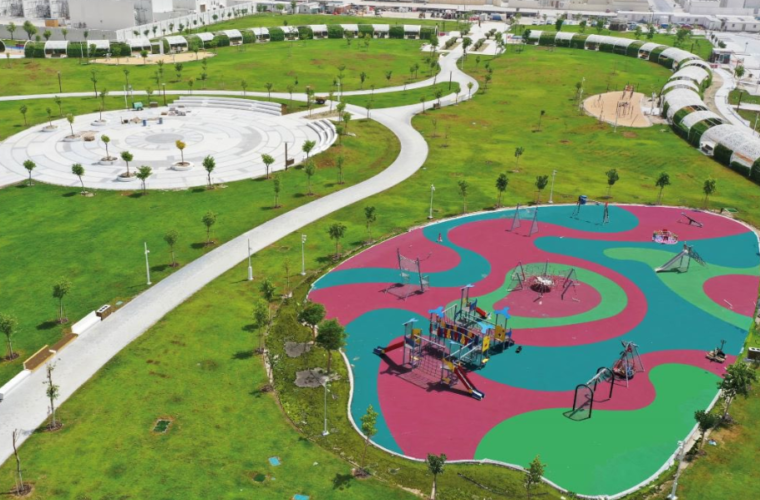The new study also looked at how having access to green or blue spaces at home affected people’s use of drugs. Nature watching indoors didn’t seem to help.
A tree a day can keep the pills away? Maybe, at least according to a recent study that indicates taking a walk in a park, beside a lake, or through a forest may lessen the need for anxiety, asthma, depression, high blood pressure, or sleeplessness medicine.
The study states that being outside three to four times per week was linked to a 36% lower likelihood of taking blood pressure medicine, a 33% lower likelihood of taking a mental health drug, and a 26% lower likelihood of taking an asthma medication.
Some 6,000 randomly selected respondents living in three of the largest cities in Finland were questioned for the study, which was released in the journal Occupational & Environmental Medicine, about how they used green and blue places within a kilometre of their residences.
“Physical activity is thought to be the key mediating factor in the health benefits of green spaces when availability or active use of green space are considered,” said study coauthor Anu Turunen, a senior researcher at the Finnish Institute for Health and Welfare in Helsinki, according to CNN.
Forests, gardens, parks, cemeteries, moors, open grasslands, wetlands, and zoos were all examples of green places. Lakes, rivers, and the ocean were examples of blue areas.
The findings appear to back previous studies which showed people who live close to green spaces experience significant health benefits.
A 2016 study analysed the amount of vegetation and plant life surrounding over 100,000 women’s houses. After eight years, the researchers discovered that the women’s death rate was 12% lower and their mental health had improved if they had access to the most green space.
People who live close to green areas have a lower risk of dying young, according to a 2019 research of green spaces around the world. Even medical professionals are starting to recommend nature as a mental health treatment.
The new study also looked at how having access to green or blue spaces at home affected people’s use of drugs. Nature watching indoors didn’t seem to help.
For those who do not have access to such locations, seeing some greenery or possibly even experiencing nature virtually, is still preferable to doing nothing. In fact, event placing a plant on your desk can help.
According to a 2019 study, having plants at work helped Japanese employees feel less stressed, until their plant died. The study found that 27% of the workers had significantly lower resting heart rates when measured objectively.







